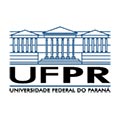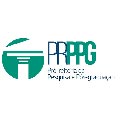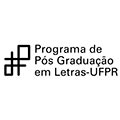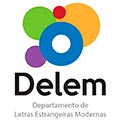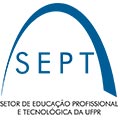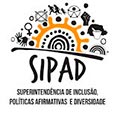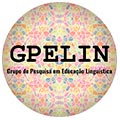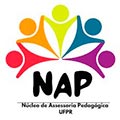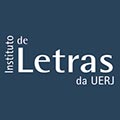22 de setembro - Autobiographies, ELF feito no Brasil and Pedagogical Activism in the ELT Classroom
João Victor Schmicheck
I am a Brazilian English teacher teaching English in different local contexts. Due to this position, I am always trying to promote practices that, among other things, enable non-native speakers of English to feel comfortable using their own voices and seeing themselves as agents who can communicate in a creative and autonomous way through this language. However, this is not a trivial stance, given that often the foreign language is conceived as the language of the other, and both teachers and students constantly feel as if they are taking leave on unknown terrain when borrowing something that will never truly constitute them. This is why I adopt the notion of English as a lingua franca (ELF) – in opposition to the English as Foreign Language (EFL) paradigm – in my research. Based on the works of Duboc (2019) and Duboc and Siqueira (2020) on ELF feito no Brasil, and given my locality as a Brazilian researcher, I see the ELF we do here as not only a paradigm or field of study, but mainly as a language concept in itself. A language concept that is based in the idea of language as a social practice, that understands negotiation as crucial to meaning making, that puts the speakers’ repertoires at center stage, and that is a possibility to move forward from Eurocentric and hegemonic understandings of English. My main objective, thus, is to identify to what extent is an ELF language concept possible and what are the challenges of following this paradigm to our teaching practices. In order to do this, I explore autobiographical narratives – oral and written – to understand how the experiences, identities, and repertoires of English teachers may inform the language concepts they bring to their classrooms. One of the things I identified in most Brazilian ELF studies and throughout the narratives shared by the participants is a strong sense of pedagogical activism and resistance, which inform not only our practices in the classroom but also how we understand language and its effects on the subjects. In this sense, the contributions of this research may help to advance the studies about English teaching and learning within the ELF feito no Brasil paradigm. Like decoloniality, I believe that ELF feito no Brasil is an option, not a mission (MIGNOLO, 2018). It is a choice, not an obligation or something we should feel the need to do, but rather a narrative about language and teaching in an ocean full of many others. And, in my opinion, this is an ocean worth exploring.

